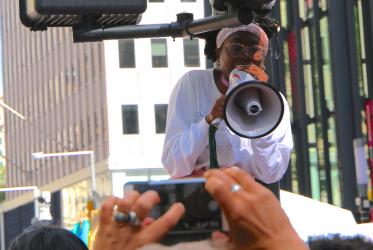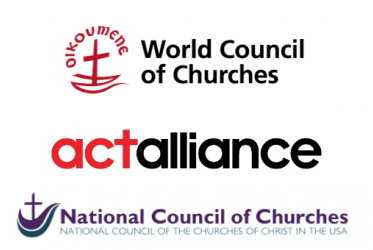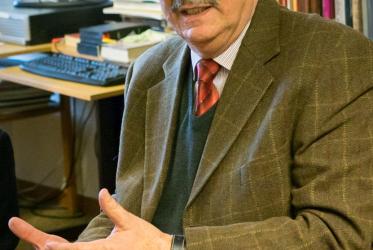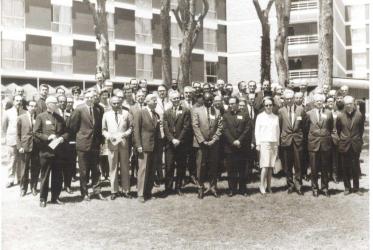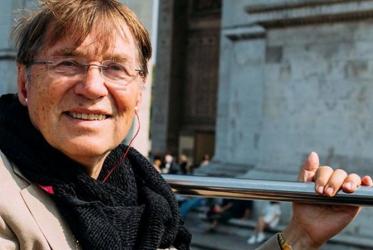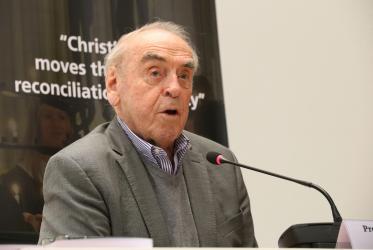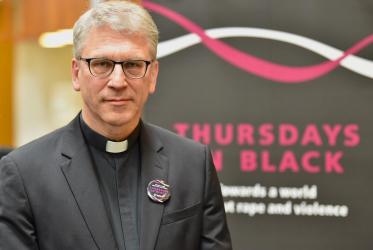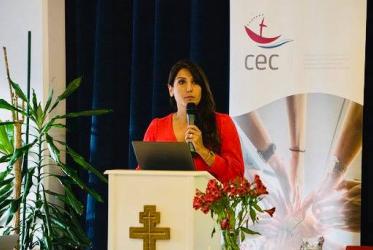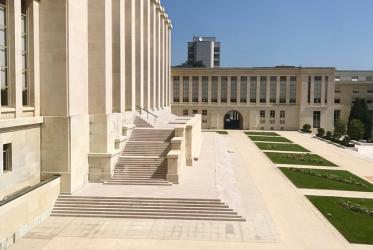Displaying 101 - 120 of 333
Churches should use their voice on climate change
26 February 2020
WCC Permanent Committee on Consensus and Collaboration convenes
20 February 2020
WCC condemns attack at Hanukkah celebration in New York City
29 December 2019
Retired Norway bishop risks jail over principles
05 December 2019
Moltmann reflects on spirit of truth in a post-truth era
02 December 2019
Markus Imhoof film receives human rights award
10 October 2019
WCC assembly preparation on agenda for Conference of European Churches
30 September 2019
WCC offers statement on racism before UN Human Rights Council
24 September 2019
